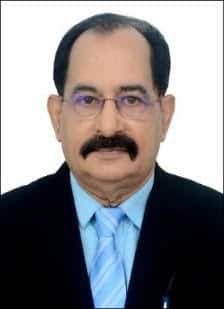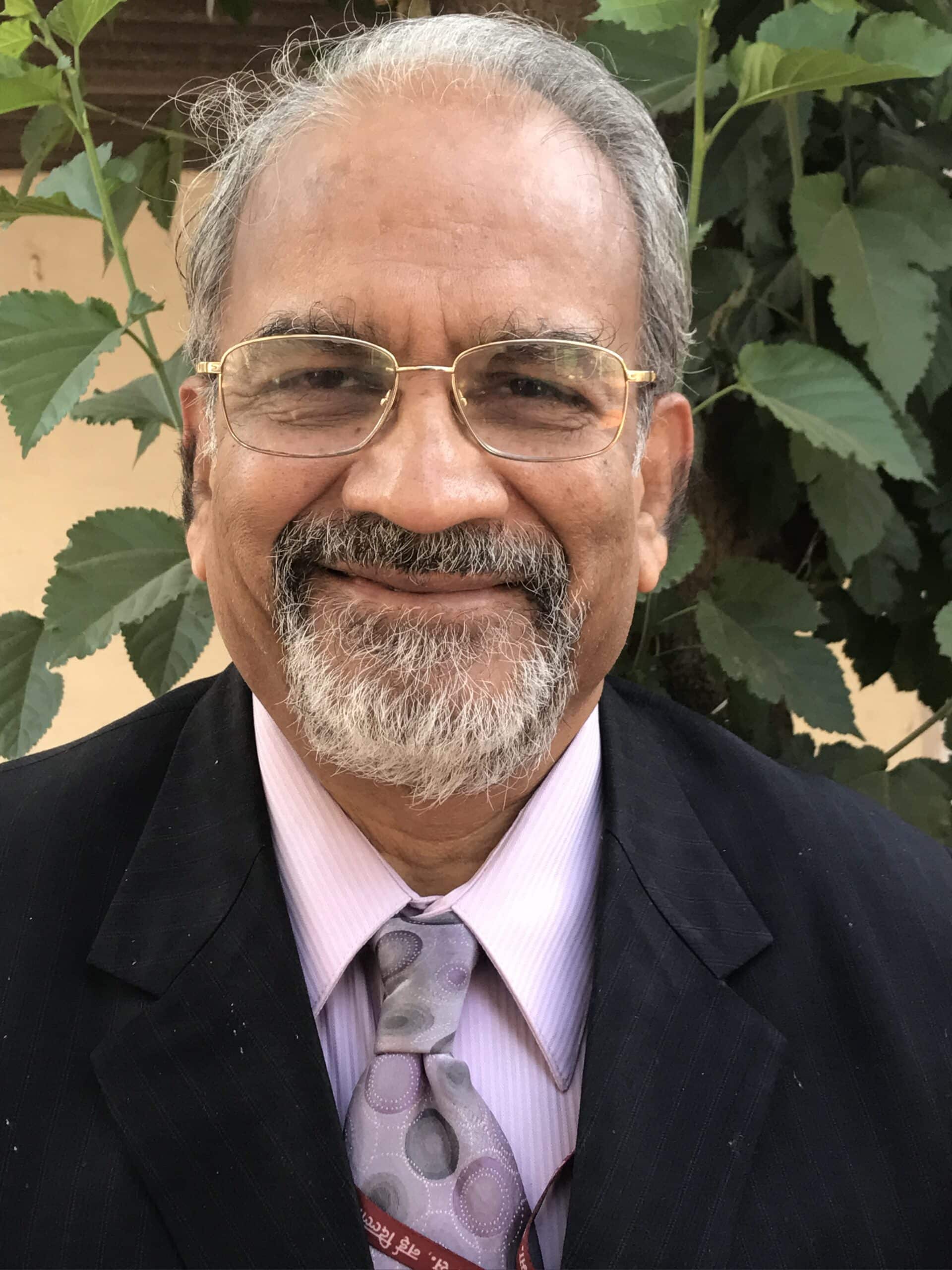To eliminate malaria from India and the Asia-Pacific region by 2030, we need an unwavering commitment of technical, programme, policy and private sector centred around impacted communities
Our understanding of malaria dates back to 1897, when Sir Ronald Ross in India demonstrated the involvement of mosquitoes in transmission of malaria parasites. This historic discovery allowed for remarkable progress towards malaria control and elimination. To date, 42 countries have been certified malaria-free through the use of existing strategies and tools of case management and vector control.
The Asia-Pacific region has significantly reduced the malaria burden, with a 64 percent decrease in confirmed cases and 88 percent decrease in reported deaths in the last decade. However, in 2021, the region reported only a 2.5 percent decrease in confirmed malaria cases — in contrast to the 10 percent decrease reported in 2020. Today, just six countries carry 95 percent of the region’s malaria burden: Afghanistan, India, Indonesia, Pakistan, Papua New Guinea, and Solomon Islands.
The sustained burden of P. vivax — a form of malaria that is more difficult to detect, diagnose, and treat compared to the more common but deadly P. falciparum — in Asia-Pacific is another growing concern. While relatively rare outside of the region, P. vivax accounted for 48 percent of all malaria cases in Asia Pacific in 2021. This poses a unique challenge, especially in the Greater Mekong Subregion (GMS) where P. vivax contributed to 81 percent of the malaria burden — a 5 percent decrease from 2020.
Despite these challenges, Sri Lanka, Maldives, and China were able to eliminate malaria using the existing time-tested tools and strategies. Bhutan, Nepal, Republic of Korea, Thailand, Timor-Leste, Vanuatu, Democratic People’s Republic of Korea, and Malaysia are also making accelerated progress.
Also Read : Malaria free asia pacific region is within our reach
India has a special role to play.
India’s private sector is one of the leading manufacturers of the World Health Organization’s pre-qualified Rapid Diagnostic Tests (RDTs), Artemisinin-based combination therapies (ACTs) and Long-Lasting insecticidal nets (LLINs). These are the key malaria tools for domestic and global malaria programmes. In India, the impact of these tools on malaria elimination efforts is clear. In 2021, the National Center for Vector Borne Disease Control (NCVBDC) reported 161,753 cases, registering a 88 percent reduction since 2010.
The impact of existing tools and techniques is also evident in achieving malaria elimination, as demonstrated by national and sub-national initiatives. This approach was tested as part of the Malaria Elimination Demonstration Project (MEDP), which was an indigenous public-private partnership project between the Government of Madhya Pradesh, Indian Council of Medical Research, and Foundation for Disease Elimination and Control of India, which is a CSR subsidiary of Sun Pharmaceutical Industries Ltd.

The key strategy behind MEDP was to utilize existing tools and strategies for malaria elimination in the tribal district of Mandla, with special emphasis on monitoring and accountability. This project achieved its objectives and eliminated indigenous transmission of malaria from the district in about four years.
We argue that there is a need for new and improved medical tools that would enhance efficiency and effectiveness of malaria elimination strategies. There is a need for improved rapid diagnostic tests for P. vivax that are highly specific and sensitive. There is also a need of an antimalarial drug regimen that reduces the pill load to improve compliance.
For the treatment of uncomplicated P. falciparum malaria, Synriam is a fixed-dose combination (FDC) drug indigenously developed in India and approved by regulatory authorities in India and several African countries. Two noteworthy features of Synriam are that 1) the drug uses synthetic Arterolane maleate that removes the requirement of agriculturally-acquired artemisinin and 2) it is a low-dosage pill, which leads to better treatment compliance and more successful malaria control and elimination campaigns.
Tafenoquine has recently obtained marketing authorisation approval for the radical cure of uncomplicated P. vivax malaria, as the treatment has been shown effective in preventing relapse. As a single-dose cure, tafenoquine can improve compliance and therefore could potentially supplant, primaquine, the only other approved medicine for radical cure of P. vivax malaria, which needs to be taken over 7 or 14 days.
When existing vector control tools are used properly, they are extremely effective in reducing malaria transmission. However, the recent findings from Papua New Guinea of reduced bio efficacy of long-lasting insecticidal nets have been attributed to resurgence of malaria after a change in coating formulation was shown to result in the inferior performance of the nets.
We propose that new and improved antimalarial drugs should be subjected to expedited WHO Pre-qualification and national regulatory approvals. We also propose that any evidence of reduced efficacy of drugs or bed nets should be immediately and appropriately investigated by national and global funding agencies and regulatory agencies.
To eliminate malaria from India and the Asia Pacific region by 2030, we need an unwavering commitment of technical, programme, policy and private sector centred around impacted communities.
Also Read : Not just prevention needed to fight dengue in India


Professor Yogendra Kumar Gupta is the Principal Advisor India Strategy Development at Global Antibiotics Research and Development Partnership (GARDP). He serves as the President of AIIMS, Bhopal and AIIMS Jammu. He is former Dean (Academics) and Head Department of Pharmacology, AIIMS, New Delhi. He serves as the Chairman, Board of Directors, BIBCOL, Department of Biotechnology, Government of India also on the Board of Foundation of Disease Elimination and Control, India.


















Add Comment